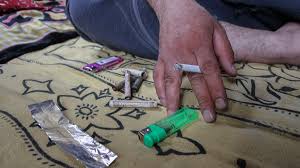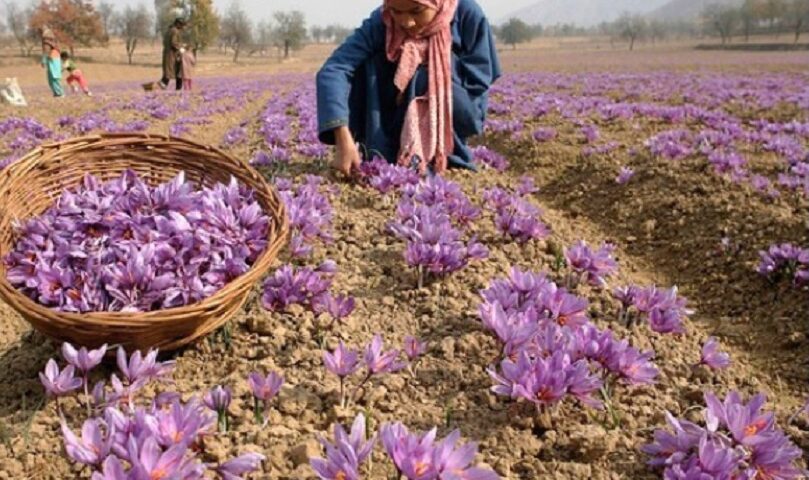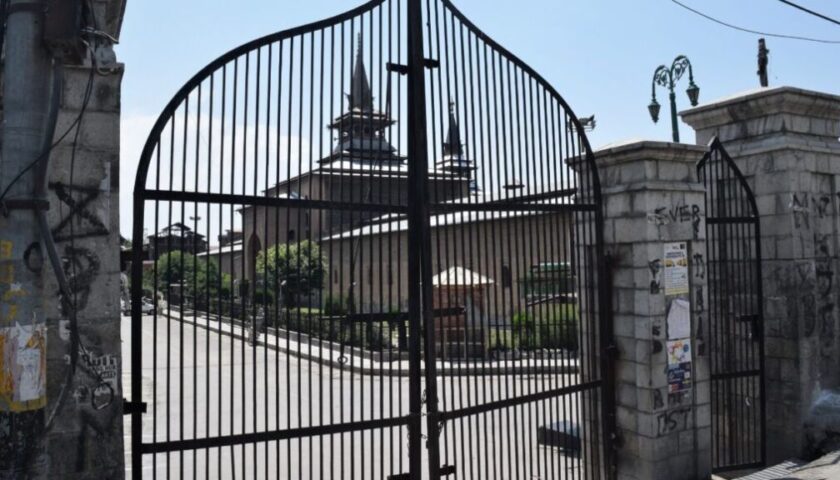Srinagar Youth Stabbed with Pen During Altercation in Khimber, Hospitalised
By: Javid Amin | 20 Aug 2025
In an unusual yet troubling case of violence, a 22-year-old youth from Chatterhama, Srinagar, was grievously injured after being stabbed with a pen during an altercation in the Khimber area on Wednesday.
What Happened?
-
The victim has been identified as Sahil Ahmad Ganie.
-
The incident occurred at Main Chowk Khimber, where an argument with another youth quickly escalated into violence.
-
Shockingly, the attacker used a pen to inflict an abdominal injury, leaving Sahil in critical condition.
-
He was immediately rushed to hospital for specialized treatment.
Police have confirmed that they have taken cognizance of the case and investigations are underway to determine the motive behind the assault.
Beyond the Incident: A Disturbing Trend
At first glance, this may appear to be just another street quarrel gone wrong. But the symbolic weight of the act cannot be ignored:
-
A pen, long regarded as a tool of learning, communication, and dialogue, was turned into an instrument of violence.
-
The incident points to a larger undercurrent of impulsive aggression among youth in Kashmir, often stemming from:
-
Emotional suppression and stress
-
Societal and peer pressure
-
Lack of healthy conflict-resolution channels
-
Such episodes underline a growing crisis in youth mental health and anger management. When arguments bypass words and leap straight into violence—even with the most ordinary objects—it reflects a society struggling with suppressed tensions.
What Next?
Authorities are expected to:
-
Record witness statements and review CCTV footage from the Khimber area.
-
Examine whether the attack was pre-meditated or impulsive.
-
Launch community outreach on youth counseling and awareness to prevent such violent escalations.
Key Takeaway
This bizarre episode serves as a wake-up call: when even a pen becomes a weapon, it signals not just a breakdown of dialogue but also a deeper social and psychological challenge among youth. Addressing it requires not only law enforcement but also stronger family, school, and community support systems.




